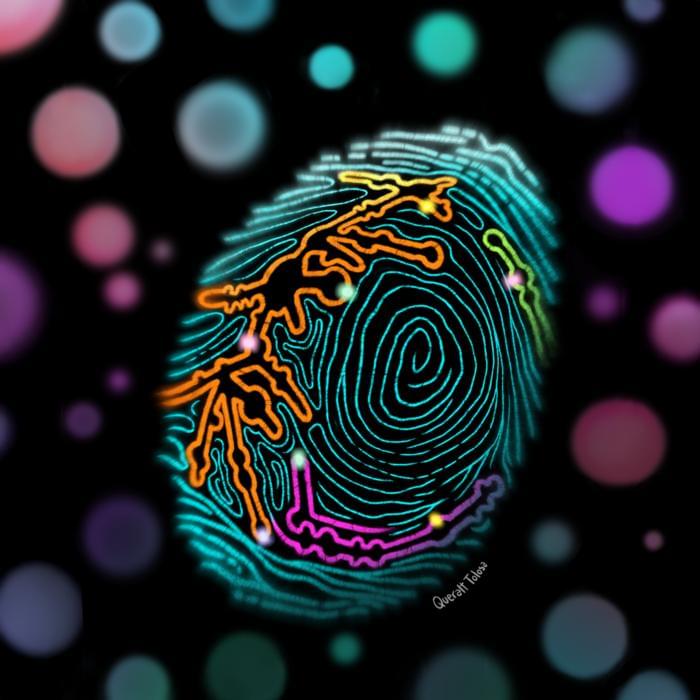Human fingerprints are detailed, unique, difficult to alter, and durable over the life of an individual, making them suitable as long-term markers of human identity. Could the same concept be used to help identify cancer? A new study by researchers at the Centre for Genomic Regulation (CRG) in Barcelona reveals different types of cancer have unique molecular “fingerprints” that are detectable in the early stages of the disease and can be picked up with near-perfect accuracy by small, portable scanners in a few hours. The discovery lays the groundwork for creating new, noninvasive diagnostic tests that detect different types of cancer faster and earlier than currently possible.
The findings are published in the journal Molecular Cell in an article entitled “Epitranscriptomic rRNA fingerprinting reveals tissue-of-origin and tumor-specific signatures.”
“Our ribosomes are not all the same. They are specialized in different tissues and carry unique signatures that reflect what’s happening inside our bodies,” explained ICREA research professor Eva Novoa, PhD, lead author of the study and researcher at the CRG. “These subtle differences can tell us a lot about health and disease.”
